A student's guide to living in BOSTON
Table of Contents
Introduction:
Boston, the capital of Massachusetts, is one of the oldest and most historically significant cities in the United States. Founded in 1630, it’s often referred to as the “Cradle of Liberty” due to its pivotal role in American history, particularly during the Revolutionary War. Landmarks like the Freedom Trail, which links historical sites such as the Boston Common and Paul Revere’s House, make it a hub for history buffs.
Boston blends old-world charm with a dynamic urban atmosphere, making it a fascinating place to visit or live. Whether you’re strolling down cobblestone streets, enjoying a game at Fenway Park, or exploring its museums and universities, Boston offers a unique mix of history, culture, and innovation.
Industry development:
Boston has experienced significant industrial and economic development over the years, transitioning from its early roots as a major seaport and center for manufacturing to becoming a hub for technology, education, healthcare, and finance.
The overall economic development of Boston is marked by a diversification of industries, making it less reliant on any single sector. The city’s rich history in shipping and manufacturing has been replaced with forward-thinking industries, especially those in tech, healthcare, and education, positioning Boston as one of the most dynamic and innovative cities in the U.S.
Top Universities:
Boston is home to some of the most prestigious universities and colleges in the world. The city is renowned for its academic excellence and its role as a hub for higher education and research.
Harvard University
Cambridge (just across the Charles River from Boston) Founded in 1636, Harvard is the oldest institution of higher learning in the United States. It is globally recognized for its rigorous academics, diverse programs, and world-class faculty and research output. Harvard consistently ranks among the top universities in the world, especially for law, business, medicine, and the sciences.
Massachusetts Institute of Technology (MIT)
Cambridge (just across the river from Boston), MIT is a leading institution for science, engineering, and technology. It is known for its cutting-edge research and innovation in fields like computer science, robotics, artificial intelligence, and economics. MIT’s entrepreneurial culture has produced many successful startups and tech innovations.
Boston University (BU)
Boston University is a major private research university with a diverse range of undergraduate and graduate programs. BU is known for its strong programs in health, communication, business, and the arts. It also has a significant international student presence and is recognized for its vibrant campus life.
Northeastern University
Northeastern is a renowned private research university with a strong emphasis on experiential learning through co-op programs. It is known for its robust internship opportunities and close ties to industry, particularly in fields like business, engineering, and technology.
Tufts University
Medford/Somerville (just outside Boston), Tufts is a private research university with a reputation for its interdisciplinary approach to education. It’s known for its strong programs in international relations, political science, and the health sciences. Tufts has a unique, collaborative environment with a strong emphasis on social impact and global engagement.
Suffolk University
Suffolk is a private university with a strong emphasis on public affairs, law, and business. Its downtown Boston location gives students access to numerous internships and job opportunities in government, law, and business. Suffolk’s law school is well-respected in the region.
Average living cost:
The cost of living in Boston can vary depending on your lifestyle, housing choice, and spending habits. However, Boston is generally known for being one of the most expensive cities in the U.S.
- Housing: $1,000–$1,500/month
- Utilities: $150–$250/month
- Food and Groceries: $300–$500/month
- Transportation: $90–$130/month
- Health Insurance: $200–$400/month
Economic stability:
Boston enjoys strong economic stability, largely driven by its diverse industries, high levels of innovation, and substantial educational and healthcare sectors. The city’s economy has shown resilience and adaptability, making it one of the more stable regions in the United States.
Boston’s economic stability is grounded in its diverse economic sectors, world-class educational institutions, highly skilled workforce, and strong public and private investment. While challenges like high living costs exist, the city’s broad economic base provides a buffer against broader economic downturns, making it one of the more stable and attractive cities in the U.S. for businesses, workers, and residents alike.
Job/internship opportunities:
Boston is a major hub for job and internship opportunities, particularly in fields like technology, healthcare, education, finance, and research. Whether you’re a student, recent graduate, or professional, the city offers a range of opportunities across various industries.
Resources to Find Opportunities::
- Handshake: A platform widely used by Boston’s universities (like Northeastern and BU) to post internships, co-ops, and job opportunities.
- LinkedIn: Many companies in Boston post job and internship opportunities here, making it a valuable resource for job seekers.
- Glassdoor and Indeed: These platforms list both job and internship openings across various industries in Boston.
- MassHire Boston: A resource for job seekers in Boston, offering support with job searching, training, and career development.
- Startup Incubators & Accelerators: Organizations like MassChallenge and The Cambridge Innovation Center (CIC) offer connections to startups and internship opportunities in the tech and innovation sectors.
Conclusion:
Boston offers a wide array of job and internship opportunities across industries, driven by its diverse economy and world-class universities. Whether you’re interested in technology, healthcare, finance, education, or the arts, there’s a range of positions and internships available for both students and professionals. The city’s strong network of employers, incubators, and educational institutions ensures a vibrant job market and ample opportunities for career growth.

